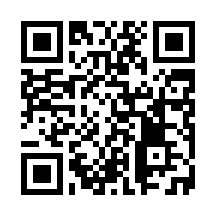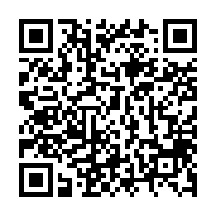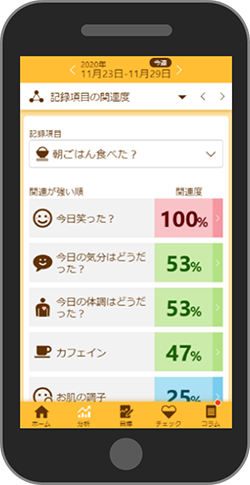Breadcrumb navigation


- Ongoing research themes :
Record your thoughts and behavior to learn about yourself and
get a little closer to becoming the person you want to be
Set goals
- Effectively combine small and large goals
Daily records
- Visualize your habits, behavior, events, and physical condition
Review and analyze
- Display recorded data in graphs and lists
- Automatically calculate the degree of intersection between data
Acquire knowledge
- Read articles written by psychological experts
Check
- Periodically check your condition and strengths with a simple questionnaire

This app is intended for people who want to:
- Enhance productivity
- Change themselves by learning new habits and behavior
- Self-manage the achievement of goals
- Gain new insight about themselves
- Feel joy in learning about things by keeping records
- Improve their health and habits with a little ingenuity
Easily keep, review, and analyze daily records
The Private Journal app makes it simple to develop positive habits, adjust your behavior, enhance your work style, and tackle everyday concerns with ease.
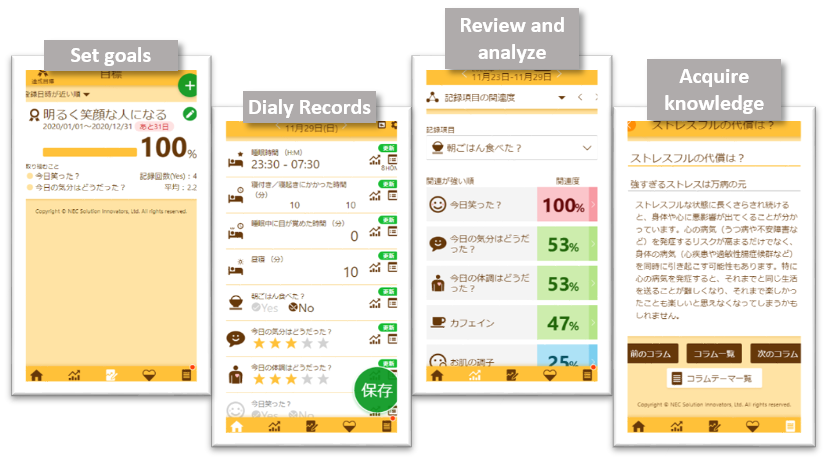
In addition to keeping daily records, the app also provides knowledge about psychology, and functions for setting goals and reviewing and analyzing recorded data. The app can be used for not only recording, but also for effectively recording and utilizing the data.
Self-monitoring techniques used in psychology
What is self-monitoring
It is a technique in clinical psychology that is used to gather information necessary to consider effective intervention methods. Specifically, it is a method of deepening awareness of one's own behavior by observing, recording, and evaluating how often and under what circumstances one's behavior occurs (Matsumoto, 2005). This allows us to learn about the patterns of behavior that are unique to the person, and to increase desirable behavior and decrease undesirable behavior. In addition, it can be applied to learning about the events and thoughts that are associated with a particular behavior so that the behavior can be successfully adjusted (Nelson & Hayes, 1981).

Changing your behavior through the practice of self-recording
The benefits of recording your own behavior
In psychology, the practice of recording one's own behavior is called self-recording. By observing and recording the frequency of a particular behavior, you can consciously pay attention to your own behavior and immediately see the visible result of a change in how often you perform that behavior. Research shows that the frequency of behaviors can change through this method (Niwayama & Matsumi, 2016).
The Private Journal app utilizes the self-recording method to help you become more aware of and in control of your own behavior, habits, and subtle emotional shifts.

To increase the effectiveness of self-monitoring
Unique features of the "Private Journal" app
Understand your unique behavior and habit patterns
In addition to using the highly customizable recording function, you can learn about your unique behavior and habit patterns by reviewing and analyzing your records.
Guides to effectively setting and incorporating goals
The app includes guides to help you effectively set goals and incorporate them in your day-to-day activities.
Learn from articles written by certified psychologists and clinical psychologists who specialize in cognitive behavioral therapy.
Simple checks provide insight on the progress of changes
Simple and regular self-checks allow you to easily track changes in your condition and identify personal strengths.
Record a wide variety of information using the "Private Journal" app
More than 40 lifestyle-related items are available
- Sleep time
- Time taken to fall asleep/wake up
- Time you woke up during sleep
- Did you sleep well?
- Napping
- Did you eat breakfast?
- Physical condition
- Notes on physical condition
- Weight
- Body temperature
- Basal body temperature
- Systolic and diastolic blood pressure
- Frequency of bowel movements
- Menstruation
- Skin condition
- Energy level
- Mood
- Emotional bandwidth
- Did you laugh today?
- Exercise
- Light exercise
- Moderate exercise
- Strenuous exercise
- Protein
- Caffeine
- Smoking
- Alcohol
- Medication
- Health supplements
- Snacking
- Activity
- Things you saw
- Food you ate
- Accomplishments
- Things that happened
- Things you noticed
- Diary
- Was the weather good?
- Expenses
- Expenses for food and eating out
- Expenses for interests, entertainment, books
- Expenses for fashion and beauty
- Time spent on games
- Time spent on your smartphone
- Time spent on social media
Create your own one-of-a-kind recording tool
Multiple sets containing the minimum number of items required for your purpose are available
- Self-management set
- Journal set
- Keep records of your interests
- Monitor
- Improve your habits
- Goal achievement set
- Task management set
- Save money
- Upgrade your skills
- Productivity booster set
More functions to help you get closer to becoming who you want to be
- Goal function
- This function guides you toward setting better goals from a psychological perspective so that you can take the necessary actions to achieve goals without overexerting yourself.
- Check function
- This function allows you to easily check your condition, personality, and your strengths on a regular basis.
- Record review and analysis function
- This function allows you to review your recorded data in the form of a graph.
- In addition, you can automatically analyze the relationship between the records for each item to gain insight into unique qualities about yourself that would have gone unnoticed using just the recording function. Tips on how to read and utilize the analysis results are also provided.
- Article function
- This function provides free articles written by psychology experts on subjects ranging from how to get motivated, useful tips on child rearing, and even on how to use this app more effectively.
The psychological benefits and use cases of using the Private Journal app:
Insights from internal research
Our research found that using the Private Journal app to self-record at least 3 times per week for 4 weeks improved scores related to self-understanding, mind-body control, life fulfillment, and self-confidence. In other words, consistent use of the app led to benefits similar to established self-monitoring techniques.
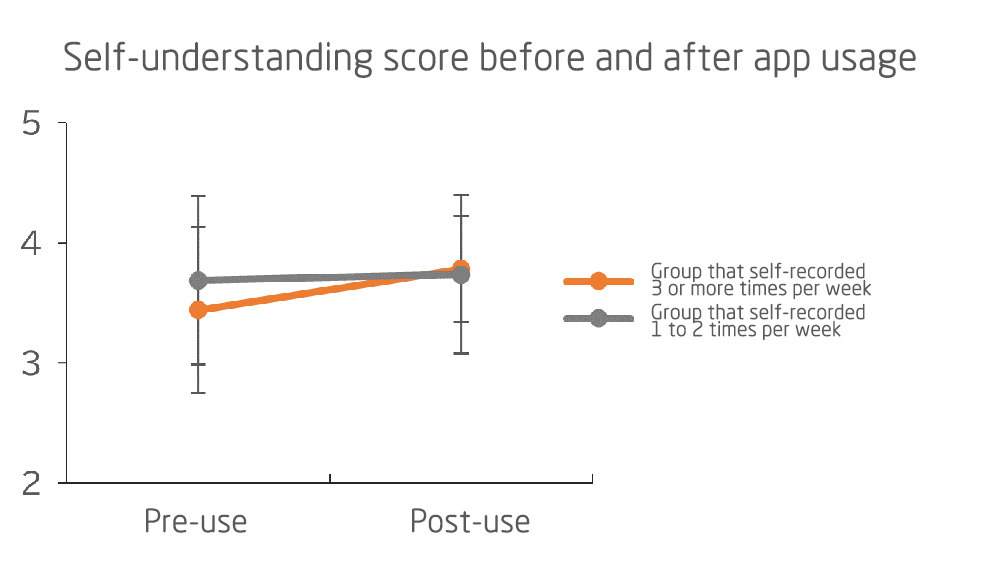
What users are saying
- Tracking my sleep showed that co-sleeping with my child was reducing my sleep time. Sleeping separately has helped increase my sleep.
- The app provided a daily moment to reflect on my whole day.
- I became better at consciously focusing every day on things I want to achieve.
- Verbalizing events through journaling helped serve as self-reflection.
Application of the self-monitoring platform based on psychology
- We see the self-monitoring technique used in this app as a method that promotes voluntary behavior change by making self-reflection a habit. Our goal is to apply this technique for various purposes tied to work styles and employee wellbeing.
- The framework for recording and collecting data via the app can also be flexibly designed for use in empirical research and effectiveness verification testing.

"Private Journal" app
Visit the following link to download the "Private Journal" app and give it a try.
Citations and References
- Matsumoto, S. (2005). Self-monitoring. In Y. Sakano (Ed.), Keywords in clinical psychology (rev. ed.) (pp. 231- 232), Yuhikaku Publishing.
- Nelson, R. O., & Hayes, S. C. (1981). Theoretical explanations for reactivity in self-monitoring. Behavior Modification, 5, 3-14.
- Niwayama, K. & Matsumi J. (2016). The effects of teachers' self-recording of behavior-specific praise on children's academic engagement in their classroom—Educational Psychology Research, 64(4), 598-609.

